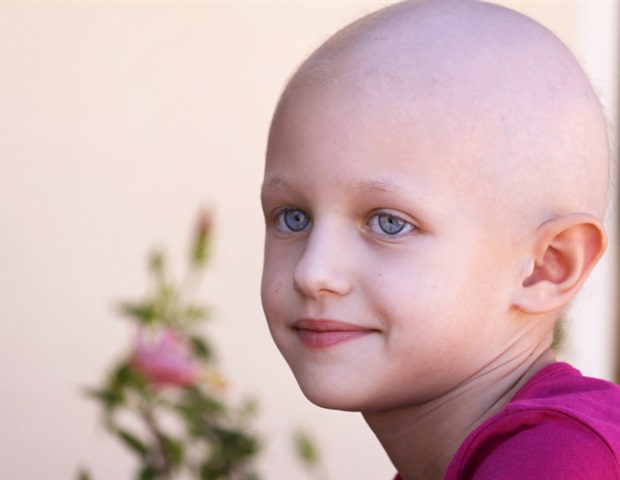Struggling with tantrums, bedtime boundaries or simply wondering how to raise happy, confident kids? Sarah Rosensweet offers peaceful parenting advice to help families find balance.
Have a question for Sarah? Send us an email at editors@todaysparent.com.
Q: How do you advocate for your child when a grandparent or family member is angling for a hug, or they want your child to say hello or goodbye, but your child isn’t interested?
A: This can be so awkward and at the same time, you are doing the right thing for your child so stick with it. I fundamentally believe that no one should force a child to do anything unless it is health or safety-related.
A note about health and safety limits: If you are dealing with situations like medicine or seatbelts, we always want to try everything possible to get a child on board before using force. We can make it playful, we can give choices, and we can ask for help to solve the problem. If you have tried everything and your child still refuses, you may have to use force. If this does happen, make sure to make a repair with your child. I recently discussed this topic on my podcast with a consent educator and child sexual abuse prevention specialist.
Your examples of, saying hello or goodbye and giving hugs, are a little different from each other so let’s look at each separately.
Do kids need to hug their grandparents?
Hugging (or kissing) is a body autonomy issue and no one should ever be forced to give hugs or kisses if they don’t want to. If we insist, or grandma does, we are essentially saying to our child, “If someone is bigger than you are or has more power than you do, they can do what they want with your body.” That is not the message we want to give our children.
I would tell grandma ahead of time: “I know how much you love Sally. I also see that it’s disappointing that sometimes she doesn’t want a hug or a kiss from you. I just want to explain why we are not insisting that she hugs or kisses you if she doesn’t feel like it. We are trying to teach her about body boundaries and that she has the power to say ‘no’ to any touch that she doesn’t want. I know she’s only 4, and it doesn’t seem like a big deal now, but we want to make sure she feels comfortable standing up for herself and saying ‘no’ when she’s older. Do you have any questions about this?”
It’s possible that grandma will be upset. Empathize as best you can and remind yourself that your loyalty lies with your child.
Is it impolite for your child not to greet their grandparents?
Saying hello or goodbye is a social norm in our culture and I believe we can encourage children to do so in a positive and non-coercive manner. Some kids need help with social learning while some kids are more strong-willed and resist when they feel they are being bossed around. In either case, my suggestion is the same.
Before grandma comes over, I would have a discussion with your child about how happy it makes grandma when we say hello to her. I would tell your child it doesn’t have to be with the word “hello” but that they can wave or smile as a greeting. You can ask your child if they can think of any funny ways to say hello. If you get them laughing about the situation, you can make it all a little more light-hearted.
When grandma comes over, invite your child to notice what’s happening and model the behaviour you’d like to see. “Oh look! Grandma is here! Hello, Grandma!” Notice that you are not instructing your child to say hello to grandma. Give your child time and a chance to respond without putting pressure on them.
If your child still doesn’t say anything to grandma, be patient and keep modeling the behaviour and inviting your child to join in. Even though grandma might not be happy about this, you cannot make anyone say hello. You can only model and invite and be confident that someday they will do it. Pressure won’t help and in fact, it will just turn into a power struggle.
Sarah Rosensweet is a certified peaceful parenting coach, speaker, and educator. She lives in Toronto with her husband and her 15- and 18-year-old kids. Her 22-year-old son has launched. Peaceful parenting is a non-punitive, connection-based approach that uses firm limits with lots of empathy.
Sarah works one-on-one virtually with parents all over the world to help them go from frustrated and overwhelmed to “we’ve got this!”

 PARENTING TIPS
PARENTING TIPS PREGNANCY
PREGNANCY BABY CARE
BABY CARE TODDLERS
TODDLERS TEENS
TEENS HEALTH CARE
HEALTH CARE ACTIVITIES & CRAFTS
ACTIVITIES & CRAFTS


